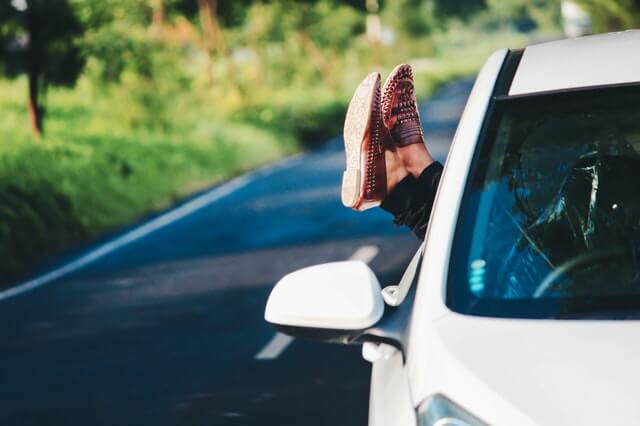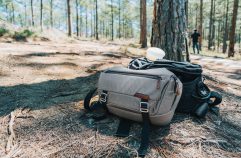First and foremost, make sure your vehicle is in good working order. The National Highway Traffic Safety Administration recommends that you have a qualified mechanic check your tires, belts, fluids, battery, and air conditioner before you begin your trip. Make sure there is adequate air pressure in all tires, windshield washer fluid is up and that the windshield wipers work. Check headlights, brake lights, and turn signals. Do a “once around,” meaning inspect your car for general wear and tear, and monitor your vehicle during the trip. This is especially important if you’re driving a rental. Make sure the gas tank is full. You’re not going anywhere on empty.
If your trip will require more than one tank of gas, map your route accordingly. Unless, of course, you’re traveling Jack Kerouac style! For the rest of us, that means planning to stop for gas at appropriate times. Estimate how long it will take you to reach intended destinations and when you will get there. You probably don’t want to stop for gas in unfamiliar locations in the wee hours of the morning–so plan ahead. Allow for road work, travel delays and inclement weather. Feeling rushed is a surefire way to stress yourself out on the road, and it’s perfectly avoidable.
For long trips, plan to take breaks! Make sure you stay alert and energized by eating something before you begin driving, and get a good night’s sleep the night before. Don’t drive during your normal sleeping hours. Caffeinated beverages may help for a short period, but they can result in a “crash.” Let a traveling companion take the wheel for awhile. If you’re traveling alone, play music, tune into the local radio stations, stretch or crack the window for some fresh air. If your traveling companions are children, make sure your vehicle is childproofed as well, and bring snacks and entertainment to keep them occupied so you can focus on driving.
If your trip crosses state or national boundaries, know the road laws for each locale you’ll be passing through. Make sure you carry appropriate identification and insurance information. Stock a few emergency items such as blankets, flashlights, water, a first-aid kit and jumper cables. Accidents do happen, and it’s far easier to prepare ahead of time. Above all remain attentive and conscious of the road ahead of you. Following these simple tips can save you time and money, and help you make the most out of your summer travel plans.



